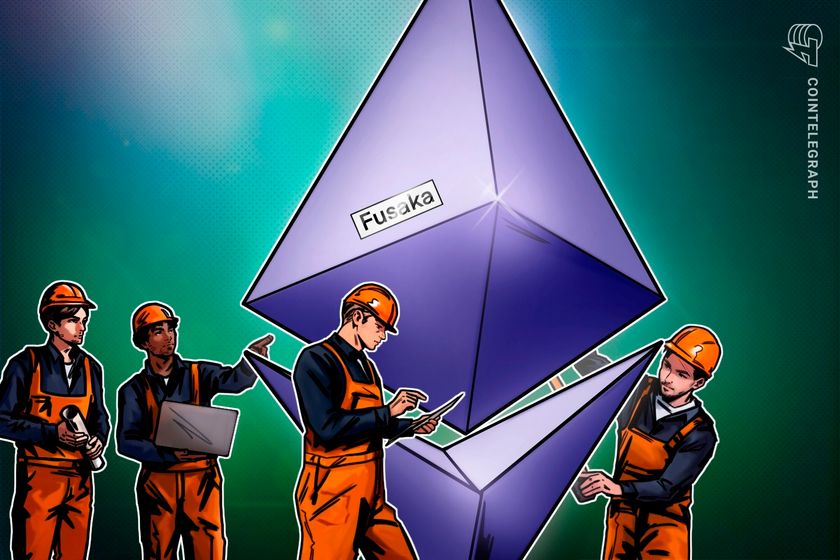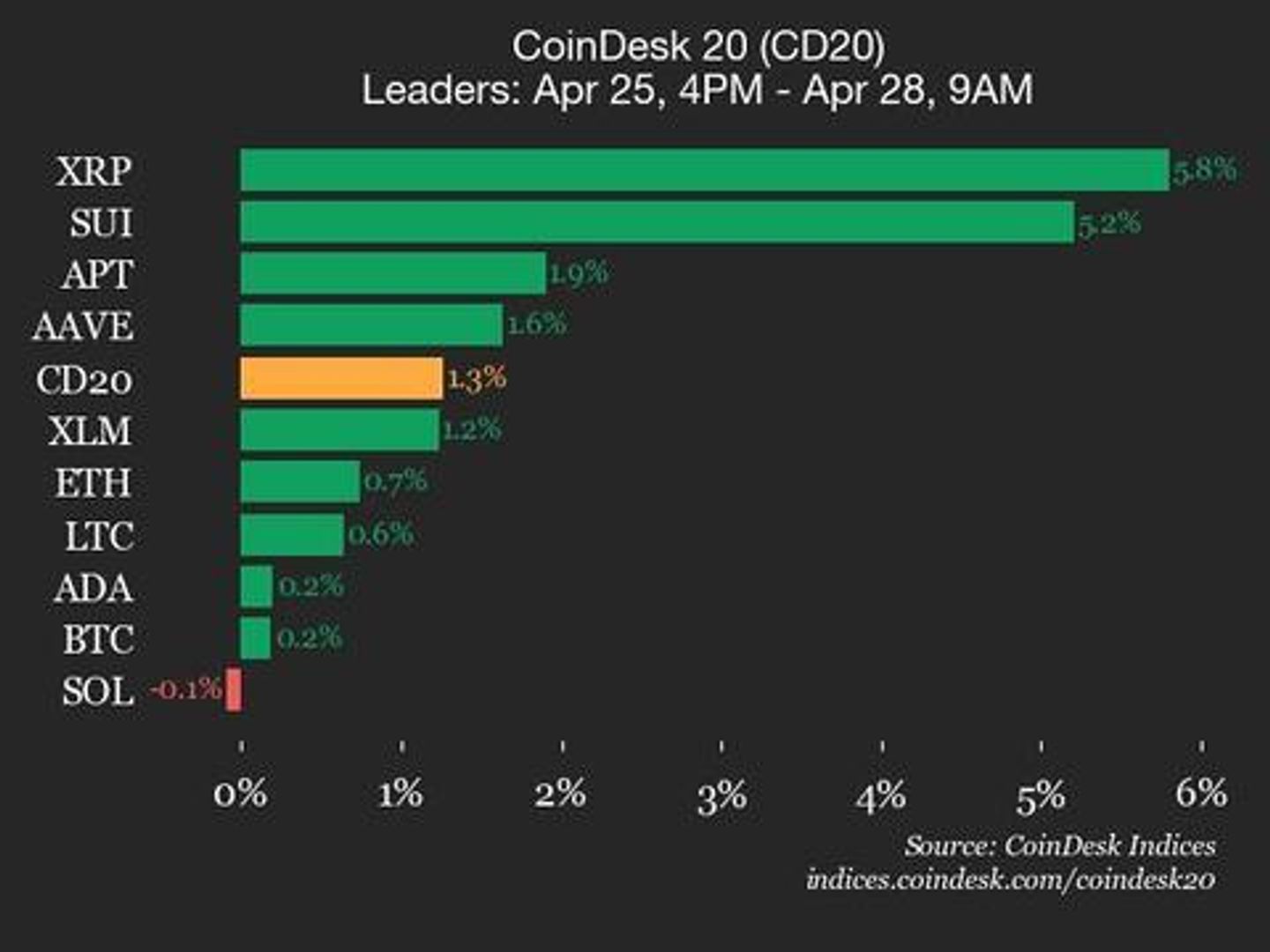Revenge RTO: Workers are coming in late, leaving early and stealing snacks as they find small ways to get back at their bosses
“If the shareholders are taking my wages, at the very least, I'm going to take home three Gatorades and a couple Uncrustables.”

At an online reselling platform in Chicago, one employee always makes a pit stop by the communal fridge before heading home for the day.
The employee, who like other workers interviewed requested anonymity for fear of retribution, always picks out a few soft drinks and snacks to take home. After her workplace started instituting RTO mandates forcing her to come in a few days a week, she believes it’s her right to take a few extra refreshments.
“I keep my home fridge fully stocked with all of my office drinks,” she tells Fortune. “If the shareholders are taking my wages, at the very least, I'm going to take home three Gatorades and a couple Uncrustables.”
The Chicago-based employee is just one of the countless workers engaging in a kind of revenge RTO strategy: complying with their workplace demands, but taking advantage in other ways, like coming in late, leaving early, or stealing snacks. Reddit’s AntiWork forum, for instance, has an entire thread dedicated to brainstorming “subtle acts of resistance” when it comes to RTO. These include never answering your phone when you’re not in the office, spending as much time as possible socializing, bothering your bosses when they look busy, and intentionally burning popcorn in the microwave.
Experts tell Fortune that the roots of this defiance can be traced to a wave of RTO mandates instituted with little explanation or thought for employee well-being, which is now leading them to act out in small ways. And although these little rebellions might seem petty, they’re actually a sign that workers have lost faith and confidence in their employer in a way that should make managers take notice of their own actions.
“When employees feel that something is unfair, they act to make it fair,” Peter Cappelli, professor of management and director of the Center for Human Resources at UPenn’s Wharton Business School, tells Fortune. “That reflects poorly on the leadership, down to the manager.”
A broken social contract
The COVID-19 pandemic fundamentally changed offices around the world when millions of employees transitioned to remote work on a dime.
When pandemic restrictions began to lift, many companies took a soft approach to work arrangements, allowing employees to continue working from home, or only requiring them to come in a few days a week. But those privileges have slowly eroded as CEOs and managers become more insistent that employees work from the office all or most of the time.
One thing, however, is clear: workers do not want to go back to the old days. A resounding 95% of employees want some form of remote work option, according to a 2024 FlexJobs survey. “Because remote work is such a cherished benefit, it doesn’t surprise me that companies that implement a RTO mandate may have employees who are not thrilled with the decision,” Toni Frana, career expert manager at FlexJobs, tells Fortune.
Some employers have taken a smarter approach to RTO by basing their mandate on data, and communicating effectively with workers. But others have been more heavy handed, and demanded that employees go back into the office with little to no evidence or explanation why. That has made many workers feel that an important social contract has been broken, leading them to act out, says Denise Rousseau, a professor of organizational behavior at Carnegie Mellon. The formal term for this is “counterproductive work behavior,” defined as voluntary behavior that violates the organizational and social norms of a workplace.
“The precursors are unfair treatment, broken promises, or perceptions of an employer who does not have the workers interests at heart,” says Rousseau.“If this behavior is increasing, it's because employers have violated some implicit agreement.”
That certainly seems to be the case with one New York City government contract employee that Fortune spoke with. She says she stopped clocking in and out for her lunch hour, and now charges the agency for that time. “I’m just going to keep doing it,” she tells Fortune. “I have s****y health insurance, so this makes up for it.”
Another employee at a luxury goods brand in New York City that Fortune spoke with said she has seen an increase in revenge RTO behavior among her colleagues who are required to come to the office four days a week, including skipping out for a workout class or taking back food to their families. She adds that if a manager or member of leadership leaves early, other employees follow suit.
“Because we don't want to be here so often, we really are taking advantage of the moments when it is okay to leave, because nobody really sees it,” she says.
Goodwill taken for granted
Employees who take a few extra bags of Cheez-its or lightly embellish a “doctor’s appointment” might be aggravating for bosses, but they should think twice about trying to crack down on workers taking small liberties.
“If I'm an employer, before I get all my nose all out of joint about the insubordination, I think it is important to recognize that there are all kinds of rules that get violated all the time,” says Cappelli. That’s especially true when workplace norms have recently changed. “You might think this one is really fundamental, but have you done anything to persuade people that it really is fundamental now? Because it wasn't the week before.”
These micro-transgressions, however, can also signal a deeper problem; a company may have flubbed the way they communicated their RTO demands, overlooked the needs of groups that particularly value flexible schedules, or generally made their workers feel unappreciated.
“It’s a heads-up to the company that [they have] benefit[ed] from people's goodwill for many years, and that [they] don't want to throw that away,” says Rousseau.
Experts emphasize that there’s still hope for employers trying to cut down on incidents of RTO revenge, and say the solution is quite simple: listen to workers. Town halls, anonymous surveys, and collecting feedback from managers are all different ways to better understand the kind of work arrangements that are compatible with employee productivity, and the kind of policies that will win back their trust.
Rousseau argues that there is no way to move forward as an organization without incorporating some type of employee feedback. And she warns that any company doing so proceeds at their own peril.
“I don't think not caring is an option,” she adds.
This story was originally featured on Fortune.com




![How To Align Your SEO Process With AI Discovery [Infographic]](https://imgproxy.divecdn.com/9P2R5ZZoepHyBzf0CW-n2EgWRhr-_OdwsznROe_GvnM/g:ce/rs:fit:770:435/Z3M6Ly9kaXZlc2l0ZS1zdG9yYWdlL2RpdmVpbWFnZS9haV9zZWFyY2hfaW5mbzIucG5n.webp)






















































































































































































